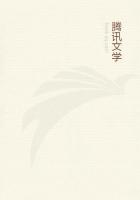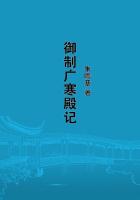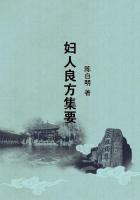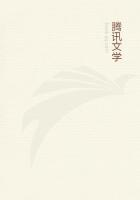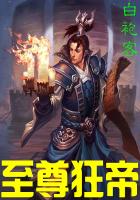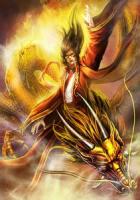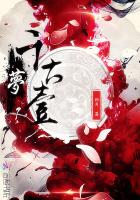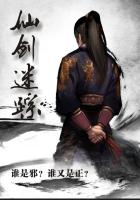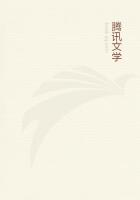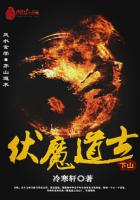Modern anthropologists claim that both religion and medicine took origin in magic, "that spiritual protoplasm," as Miss Jane Harrison calls it. To primitive man, magic was the setting in motion of a spiritual power to help or to hurt the individual, and early forms may still be studied in the native races. This power, or "mana," as it is called, while possessed in a certain degree by all, may be increased by practice. Certain individuals come to possess it very strongly: among native Australians today it is still deliberately cultivated. Magic in healing seeks to control the demons, or forces; causing disease; and in a way it may be thus regarded as a "lineal ancestor of modern science"
(Whetham), which, too, seeks to control certain forces, no longer, however, regarded as supernatural.
Primitive man recognized many of these superhuman agencies relating to disease, such as the spirits of the dead, either human or animal, independent disease demons, or individuals who might act by controlling the spirits or agencies of disease. We see this today among the negroes of the Southern States. A
Hoodoo put upon a negro may, if he knows of it, work upon him so powerfully through the imagination that he becomes very ill indeed, and only through a more powerful magic exercised by someone else can the Hoodoo be taken off.
To primitive man life seemed "full of sacred presences" (Walter Pater) connected with objects in nature, or with incidents and epochs in life, which he began early to deify, so that, until a quite recent period, his story is largely associated with a pantheon of greater and lesser gods, which he has manufactured wholesale. Xenophanes was the earliest philosopher to recognize man's practice of making gods in his own image and endowing them with human faculties and attributes; the Thracians, he said, made their gods blue-eyed and red-haired, the Ethiopians, snub-nosed and black, while, if oxen and lions and horses had hands and could draw, they would represent their gods as oxen and lions and horses. In relation to nature and to disease, all through early history we find a pantheon full to repletion, bearing testimony no less to the fertility of man's imagination than to the hopes and fears which led him, in his exodus from barbarism, to regard his gods as "pillars of fire by night, and pillars of cloud by day."
Even so late a religion as that of Numa was full of little gods to be invoked on special occasions--Vatican, who causes the infant to utter his first cry, Fabulinus, who prompts his first word, Cuba, who keeps him quiet in his cot, Domiduca, who watches over one's safe home-coming (Walter Pater); and Numa believed that all diseases came from the gods and were to be averted by prayer and sacrifice. Besides the major gods, representatives of Apollo, AEsculapius and Minerva, there were scores of lesser ones who could be invoked for special diseases. It is said that the young Roman mother might appeal to no less than fourteen goddesses, from Juno Lucina to Prosa and Portvorta (Withington).
Temples were erected to the Goddess of Fever, and she was much invoked. There is extant a touching tablet erected by a mourning mother and inscribed:
Febri divae, Febri Sancte, Febri magnae Camillo amato pro Filio meld effecto. Posuit.
It is marvellous what a long line of superhuman powers, major and minor, man has invoked against sickness. In Swinburne's words:
God by God flits past in thunder till his glories turn to shades, God by God bears wondering witness how his Gospel flames and fades;
More was each of these, while yet they were, than man their servant seemed;
Dead are all of these, and man survives who made them while he dreamed.
Most of them have been benign and helpful gods. Into the dark chapters relating to demonical possession and to witchcraft we cannot here enter. They make one cry out with Lucretius (Bk. V):
O genus infelix humanum, talia divis Cum tribuit facta atque iras adjunxit acerbas!
Quantos tum gemitus ipsi sibi, quantaque nobis Vulnera, quas lacrimas peperere minoribu' nostris.

